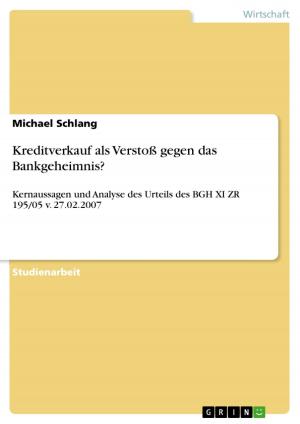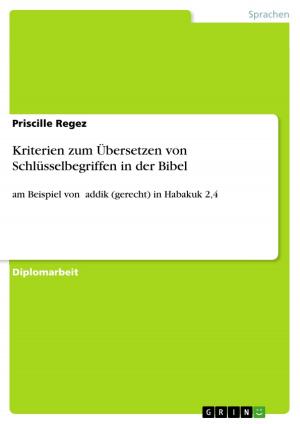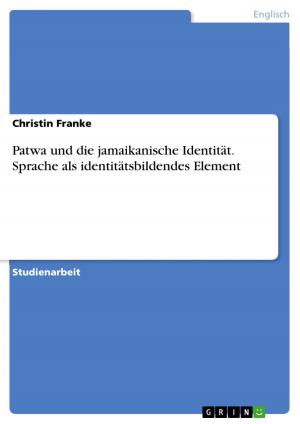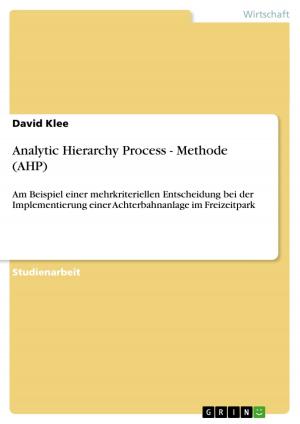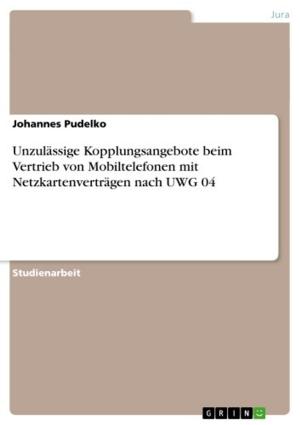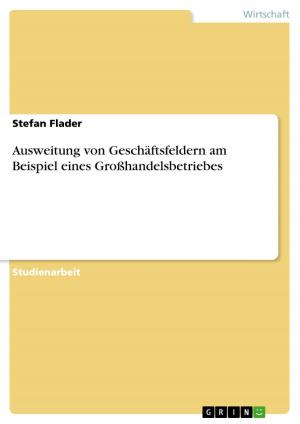The role of international law in Article 42(1) of the Washington Convention on the Settlement of Investment Disputes
Nonfiction, Reference & Language, Law, International| Author: | Lydia Beil | ISBN: | 9783656986560 |
| Publisher: | GRIN Verlag | Publication: | July 28, 2016 |
| Imprint: | GRIN Verlag | Language: | English |
| Author: | Lydia Beil |
| ISBN: | 9783656986560 |
| Publisher: | GRIN Verlag |
| Publication: | July 28, 2016 |
| Imprint: | GRIN Verlag |
| Language: | English |
Master's Thesis from the year 2011 in the subject Law - European and International Law, Intellectual Properties, grade: 19, , course: ICSID Convention, language: English, abstract: The role of international law in Article 42(1) of the ICSID Convention is not very clear and has caused many debates. Scholarly opinions have therefore developed different theories. Some want to reduce the application to a minimum, the international ius cogens, whereas others argue that international law should prevail in all cases over the host state's law. Some authors as well as the case-law also establish different limits. This paper analyses the role of international law with many different interpretative methods from civil law and common law. It concludes that no artificial limits can be maintained, but the current version of Article 42(1) leaves the determination of the scope of international law to the discretion of the tribunal. In order to clarify the notion entirely, more harmonisation of the substantive rules on foreign investment would be needed, either on the national or on the international level. Some future approaches are presented in this paper.
Master's Thesis from the year 2011 in the subject Law - European and International Law, Intellectual Properties, grade: 19, , course: ICSID Convention, language: English, abstract: The role of international law in Article 42(1) of the ICSID Convention is not very clear and has caused many debates. Scholarly opinions have therefore developed different theories. Some want to reduce the application to a minimum, the international ius cogens, whereas others argue that international law should prevail in all cases over the host state's law. Some authors as well as the case-law also establish different limits. This paper analyses the role of international law with many different interpretative methods from civil law and common law. It concludes that no artificial limits can be maintained, but the current version of Article 42(1) leaves the determination of the scope of international law to the discretion of the tribunal. In order to clarify the notion entirely, more harmonisation of the substantive rules on foreign investment would be needed, either on the national or on the international level. Some future approaches are presented in this paper.

